Driving in the EU after Brexit: the laws you need to know
Special permits and insurance may be required to get behind the wheel in member states
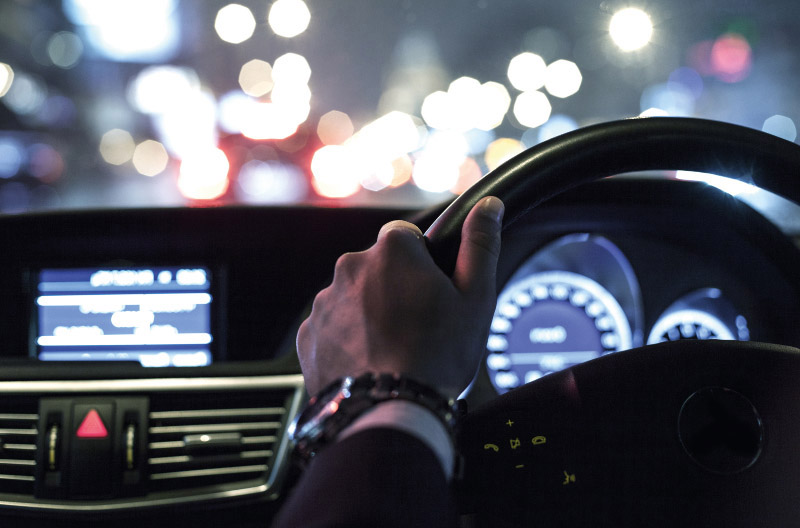
A free daily email with the biggest news stories of the day – and the best features from TheWeek.com
You are now subscribed
Your newsletter sign-up was successful
Uncertainty rules in the Brexit negotiations but the UK’s departure from the EU is likely to trigger changes to rules for Britons driving on the Continent.
At the moment, UK citizens only need to pass a driving test in Britain to be permitted to get behind the wheel in EU nations and in the European Economic Area (EEA).
But if the UK and the EU fail to agree a withdrawal deal before Britain quits the bloc, which has been extended to 31 October, motorists may be required to either change their driving licence or purchase a specific permit to drive in those countries.
The Week
Escape your echo chamber. Get the facts behind the news, plus analysis from multiple perspectives.

Sign up for The Week's Free Newsletters
From our morning news briefing to a weekly Good News Newsletter, get the best of The Week delivered directly to your inbox.
From our morning news briefing to a weekly Good News Newsletter, get the best of The Week delivered directly to your inbox.
Here’s everything you need to know about driving in Europe after Brexit:
Can you exchange your UK licence for an EU version?
Yes. British expats living inside the EU can currently swap their driving licence for one in their country of residence.
In January, the Department for Transport (DfT) urged UK citizens living in other EU nations to exchange their driving licence “as soon as possible”.
A free daily email with the biggest news stories of the day – and the best features from TheWeek.com
“Increased demand may lead to longer processing times and delays to exchanging driving licences” closer to the Brexit deadline in October, the DfT said.
Notable exceptions are France and Spain, where Britons will either be required to purchase an international driving permit - which lasts 12 months - or pass a driving test in their respective county, says Auto Express.
Can you hold both a UK and EU licence?
No. Drivers are “only allowed one EU driving licence at any one time”, which is why Britons living on the Continent would be required to either exchange their licence or take a test to obtain a new one, the BBC says.
Will you need a new licence to drive while visiting EU nations?
No, but drivers might be required to purchase an international driving permit instead.
At the moment, three different kinds of driving permits are available across the world, related to driving conventions signed by different countries in 1926, 1949 and 1968.
In the event of a no-deal Brexit, UK drivers would need to purchase one of these permits over the counter at a post office, at a cost of £5.50 for a 12-month period.
Most EU countries ratified the 1968 convention, but a 1949 permit would be needed to drive in Spain, Cybrus, Malta and Iceland, says The Guardian.
Will you need GB stickers?
Possibly. According to CarBuyer, rule changes after Brexit means drivers may need to apply a GB sticker to the back of their car when travelling into the EU. This applies even if your vehicle’s numberplate has a blue EU logo, which is currently all that is needed to travel on the Continent.
What about insurance?
According to Metro, a no-deal Brexit could mean drivers need to get a “Green Card”, which applies to both EU and EEA states, to accompany their international driving permit.
Green Cards can be purchased from your insurance provider and apply to the car you intent to take abroad. You may have to buy a separate Green Card if you plan to take a trailer as well.
What happens if you have an accident abroad?
The Government has warned drivers that if they have a road accident in a EU country, they cannot make a claim in respect of that incident with a UK-based insurance provider, according to the RAC.
Drivers may instead be required to bring the claim “against either the driver or the insurer of the vehicle” in the country where the accident happened, the roadside assistance service says. If an accident is caused by an uninsured driver in an EU or EEA country, the UK resident “may not receive compensation if there is no EU Exit deal.” This, however, could differ from country to country.
-
 Political cartoons for February 16
Political cartoons for February 16Cartoons Monday’s political cartoons include President's Day, a valentine from the Epstein files, and more
-
 Regent Hong Kong: a tranquil haven with a prime waterfront spot
Regent Hong Kong: a tranquil haven with a prime waterfront spotThe Week Recommends The trendy hotel recently underwent an extensive two-year revamp
-
 The problem with diagnosing profound autism
The problem with diagnosing profound autismThe Explainer Experts are reconsidering the idea of autism as a spectrum, which could impact diagnoses and policy making for the condition
-
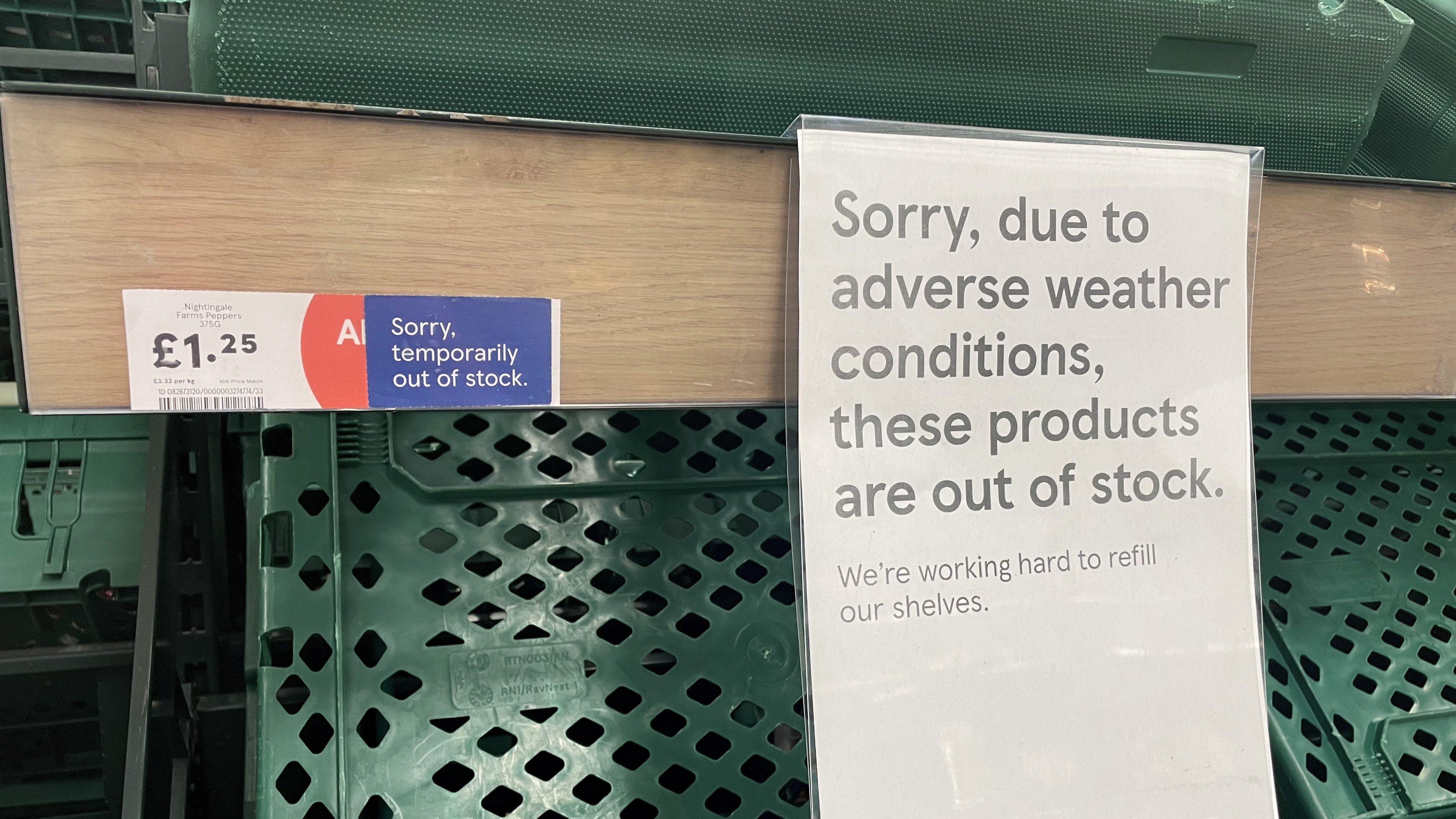 The great British food shortage: what’s causing empty supermarket shelves?
The great British food shortage: what’s causing empty supermarket shelves?feature Unseasonal weather, transport issues and energy prices are leading to rationing of fresh produce in UK stores
-
 What’s on this weekend? From Brexit Live to A Beautiful Day in the Neighbourhood
What’s on this weekend? From Brexit Live to A Beautiful Day in the NeighbourhoodThe Week Recommends Your guide to what’s worth seeing and reading this weekend
-
 ‘Festival of Brexit’ to go ahead in 2022
‘Festival of Brexit’ to go ahead in 2022Speed Read Boss vows to bring ‘joy, hope and happiness’ to divided nation
-
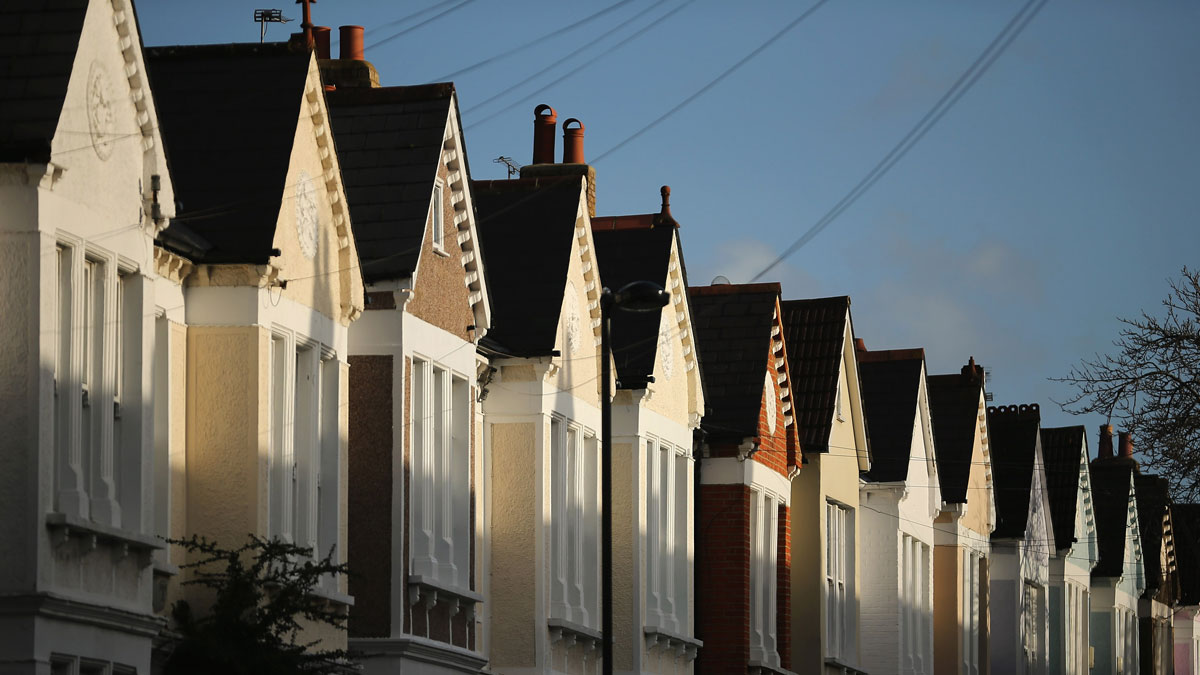 House price predictions: best time to buy or sell in 2020
House price predictions: best time to buy or sell in 2020In Depth Brexit still creating uncertainty but prices set for a Boris-induced spring boost
-
 Trevor Noah and Stephen Colbert explain Boris Johnson's Brexit fiasco, find some silver linings
Trevor Noah and Stephen Colbert explain Boris Johnson's Brexit fiasco, find some silver liningsSpeed Read
-
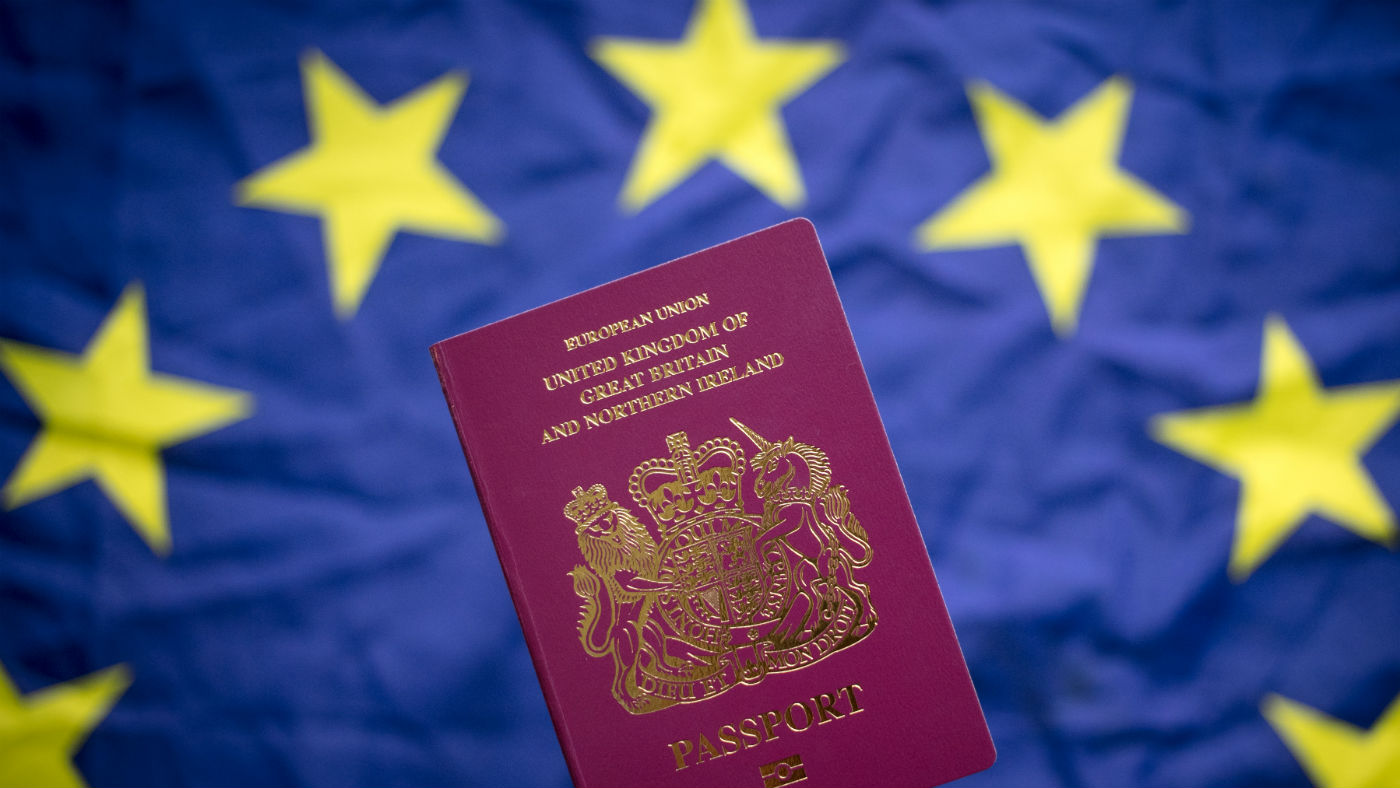 How will a no-deal Brexit affect travelling Brits?
How will a no-deal Brexit affect travelling Brits?In Depth UK citizens face delays because of longer immigration checks at EU border posts
-
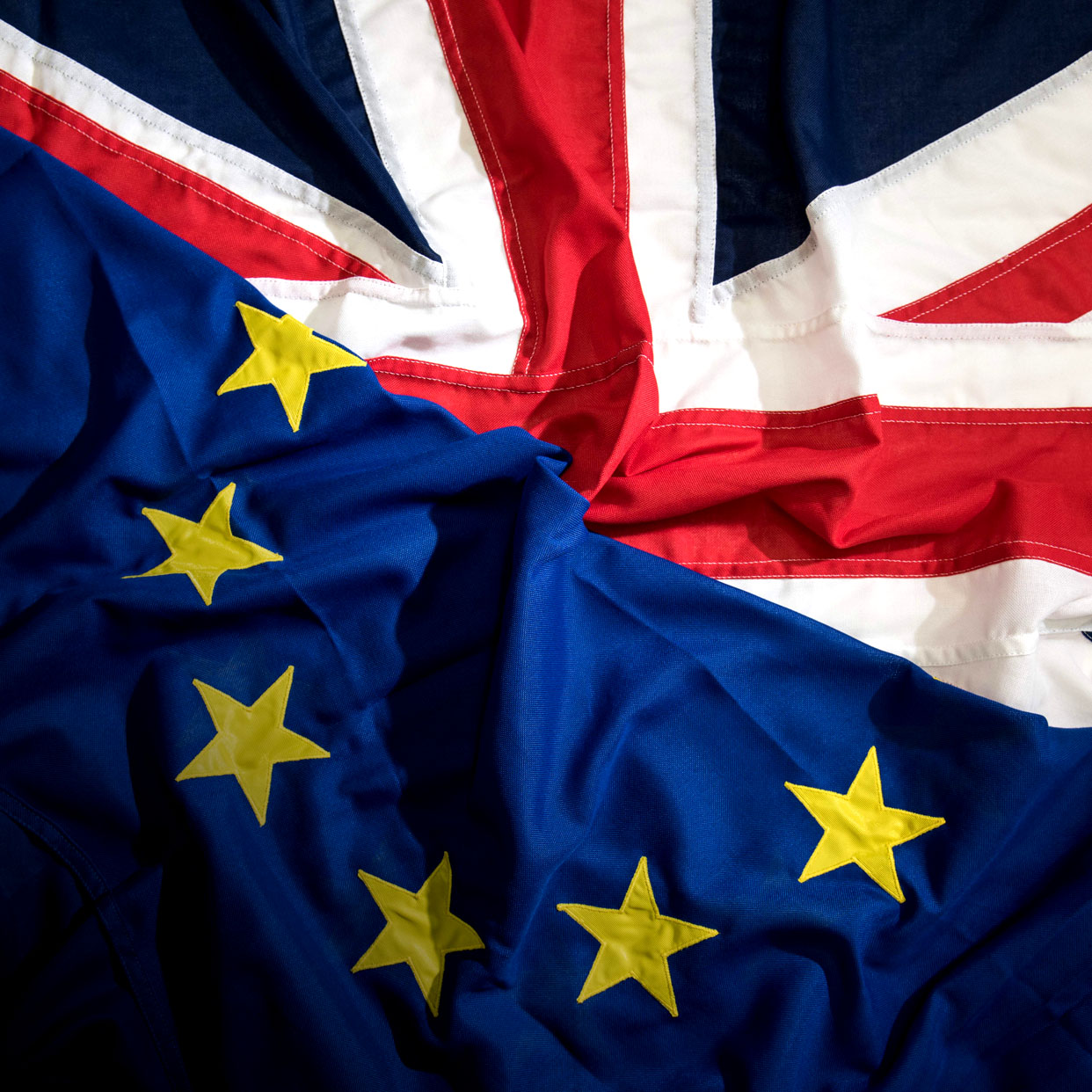 How will Brexit affect UK property prices?
How will Brexit affect UK property prices?In Depth Despite rises in earnings and employment, uncertainty continues to weigh on the market
-
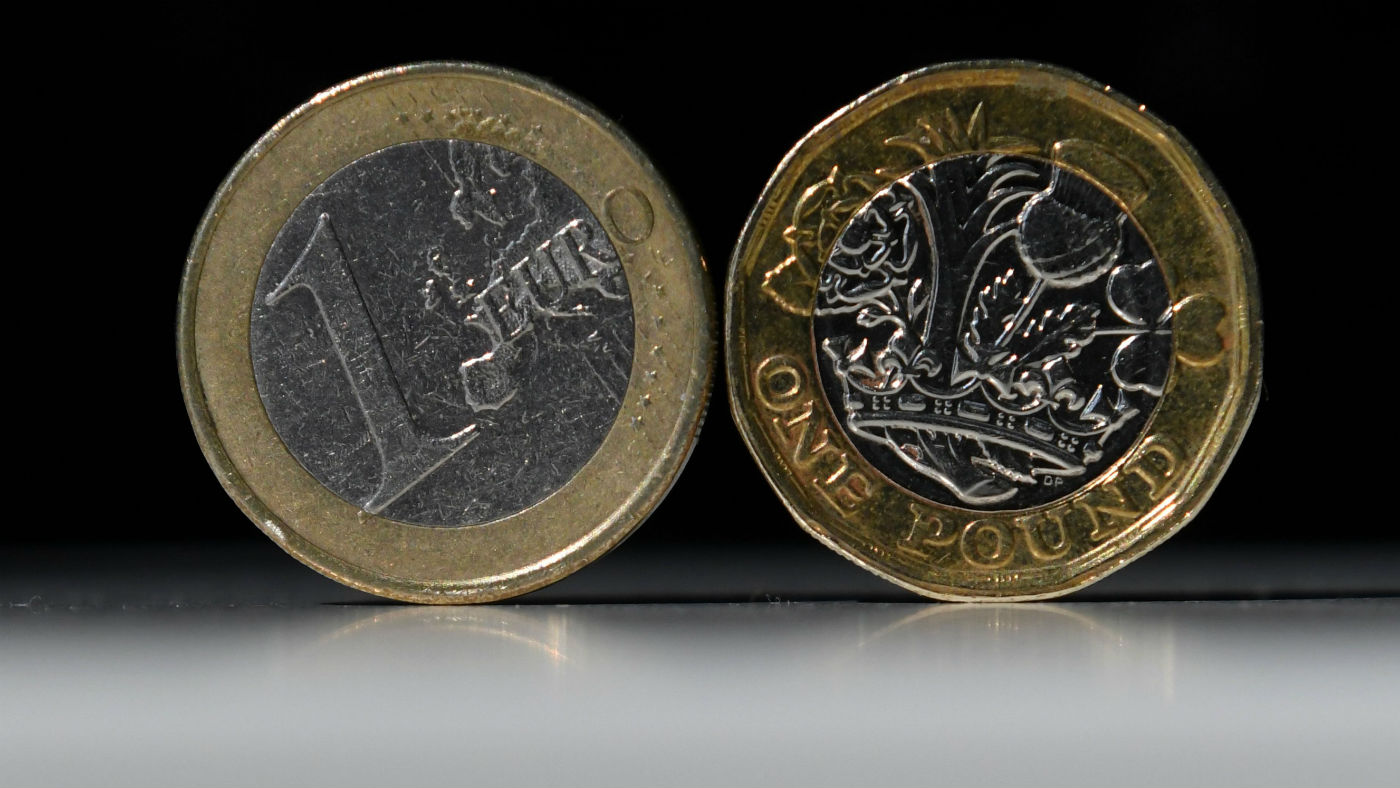 Brits stockpiling euros ahead of Brexit
Brits stockpiling euros ahead of BrexitSpeed Read Travellers fear crashing out with no deal could cause the pound to tank